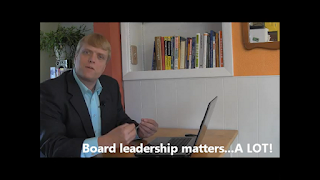- What did you like best about your job?
- What did you like least about your job?
- Was there anything especially challenging that you had to contend with?
- What would you change about your job?
- How did you feel about the supervision you received?
- Did did you receive enough training to do the job effectively?
- Did you receive enough support to do your job effectively?
- How do you feel about the feedback your received from your manager?
- What did you like best about working for the company?
- What did you like least about working for the company?
- Do you have any recommendations for the company for the future?
- Would you work for the company in the future?
- Would you recommend this company to prospective employees?
- Do you have any questions or comments?
My question is this; Why are you waiting until they're out the door before asking your employees these questions?




